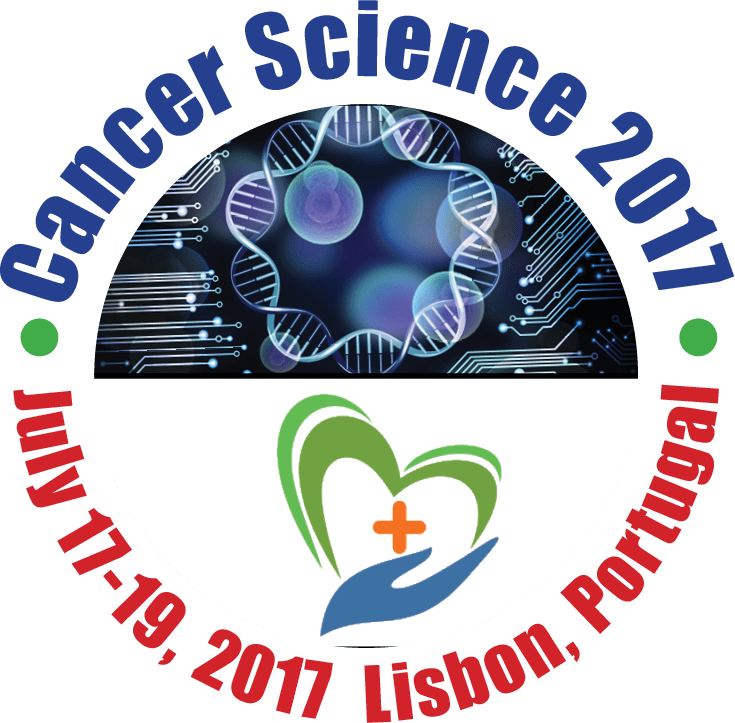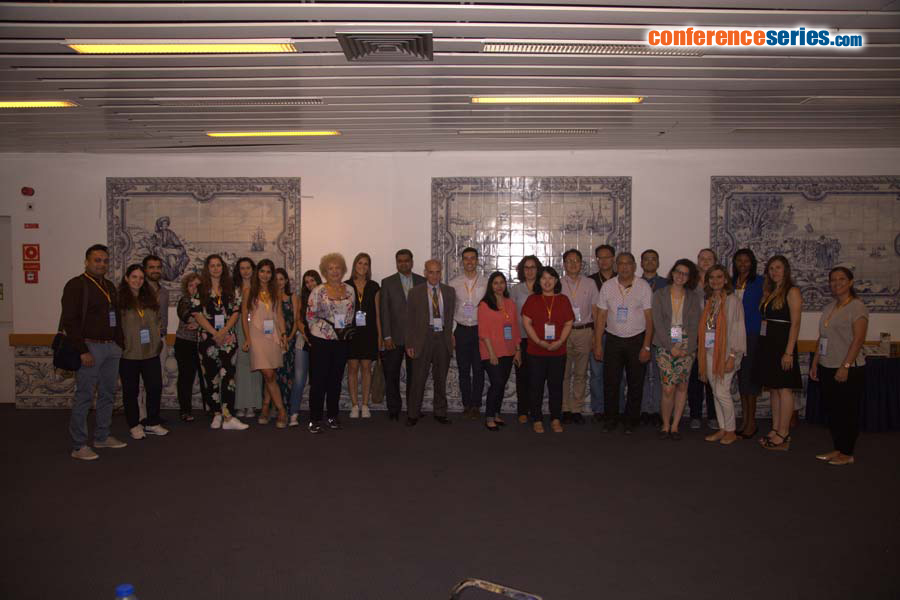Shanmugasundaram Ganapathy Kanniappan
Johns Hopkins University, USA
Title: Tumor glycolysis-The stygian link between two hallmarks of cancer and novel therapeutic opportunities
Biography
Biography: Shanmugasundaram Ganapathy Kanniappan
Abstract
Our understanding of aerobic glycolysis or tumor glycolysis popularly known as the Warburg effect has significantly advanced in the past two decades. Besides facilitating tumor growth and survival under unfavorable conditions, aerobic glycolysis also plays a pivotal role in therapeutic resistance. For example, the extracellular accumulation of lactate, a product of glycolysis impacts the tumor microenvironment (TME) and contributes to its low-pH and acidity. Noteworthy, TME acts as a barrier that blocks the efficacy of anticancer agents including chemotherapeutics and immune therapeutics. Furthermore, aerobic glycolysis has also been ascribed to support the immune-evasion of cancer. Thus, tumor glycolysis which is an integral component of the metabolic reprogramming (hallmark of cancer) is linked with immune-evasion (another hallmark of cancer). Using preclinical models, we demonstrated that deregulation of tumor glycolysis and/or the induction of metabolic stress sensitizes cancer cells to natural killer (NK) cell-cytotoxicity. Mechanistically, metabolic perturbation up-regulated the stress-inducible ligands that are recognized by specific NK cell receptors for further elimination. Notably, our recent data also show that sub-lethal, metronomic treatment with current, clinically relevant chemotherapeutics may also up-regulate such stress-inducible ligands indicating their sensitivity to NK cell mediated cytotoxicity. Taken together, these findings reiterate that cancer metabolism remains a viable therapeutic target which could be exploited for both chemo- and immunotherapies.


